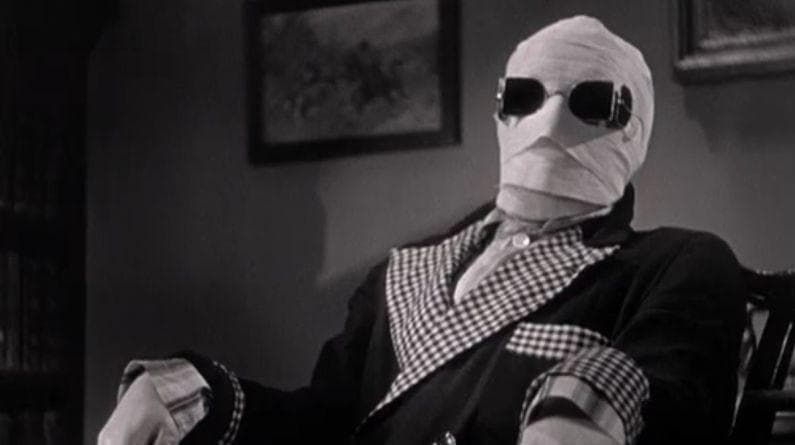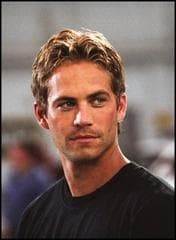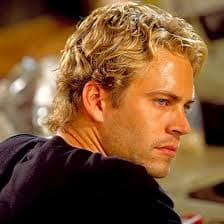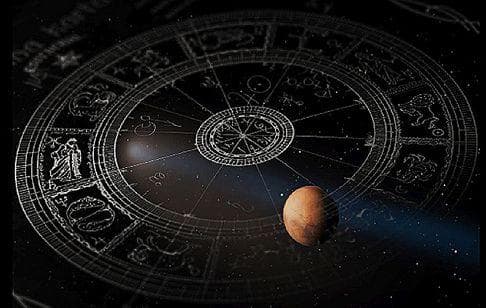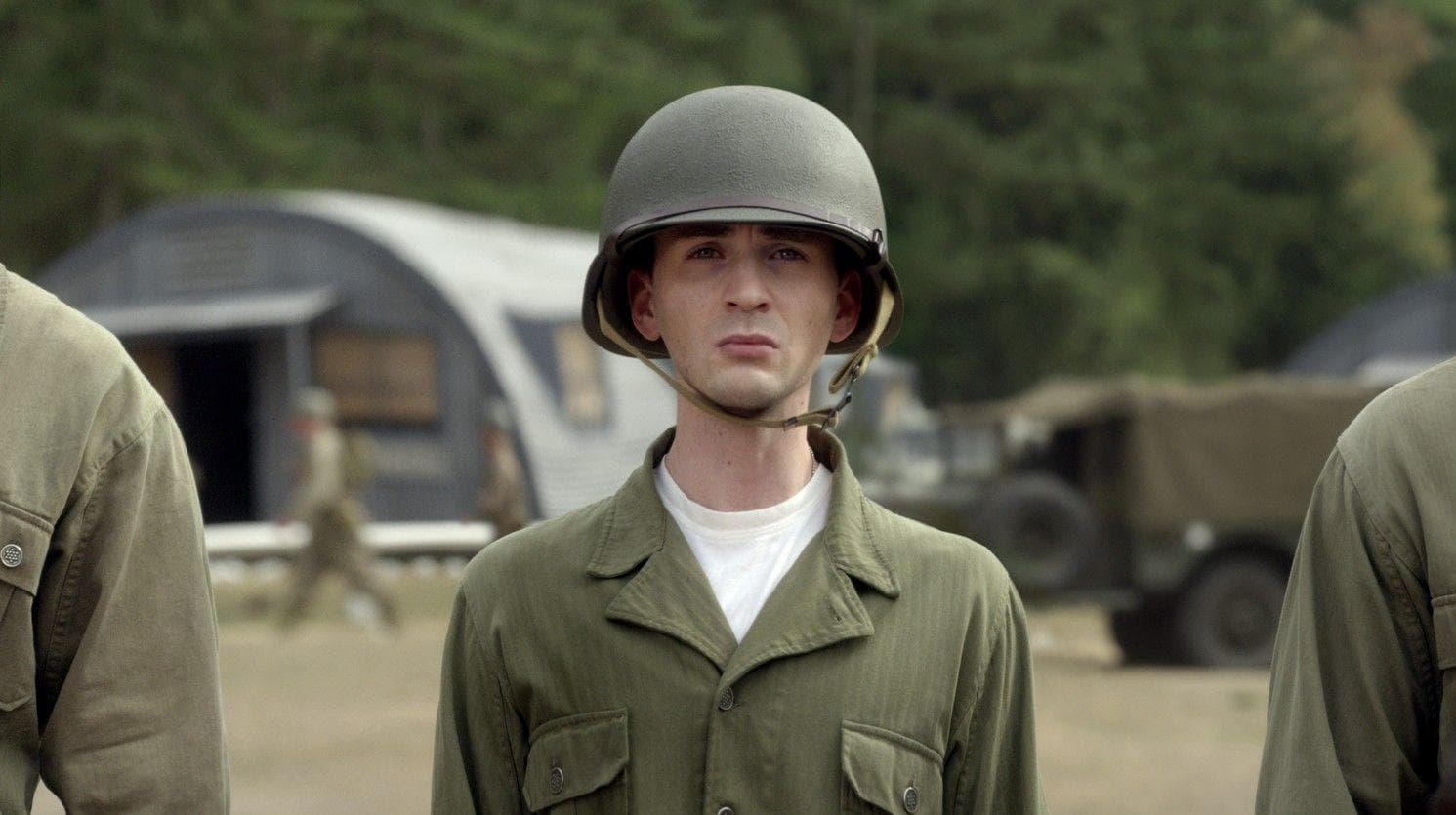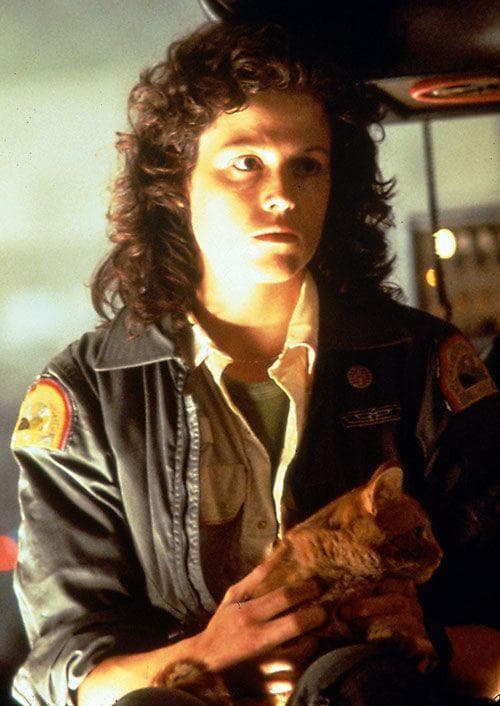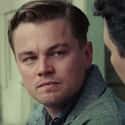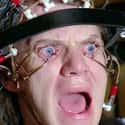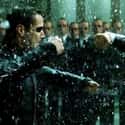(#1) The Shining
- Jack Nicholson, Shelley Duvall, Scatman Crothers, Barry Dennen, Barry Nelson, Anne Jackson, Danny Lloyd, Joe Turkel, Tony Burton, Philip Stone, Robin Pappas, David Baxt, Louise Burns, Lisa Burns, Lia Beldam
Stanley Kubrick garnered a reputation for purposely including elements at the end of his movies that would confuse the audience. This is best demonstrated with The Shining, which shows a photo of the recently-passed Jack Torrance in a staff photograph at the hotel in the year 1921 - 60 years before the events of the movie.
The question of what exactly this means in the context of the rest of the movie has baffled people for decades. After all, Jack looks exactly the same age, and the time difference is too great to account for the similar appearance. The ending was meant to signify that Jack is the reincarnation of a past guest or staff member of the Overlook Hotel in 1921.
Others argue the photo signifies everyone the hotel has "taken" over the years. When Jack dies, his soul is transported to the photo. The reincarnation theory came straight from Kubrick himself, but some people still hold onto this potential theory.
(#6) American Psycho
- Christian Bale, Willem Dafoe, Jared Leto, Josh Lucas, Chloë Sevigny, Samantha Mathis, Cara Seymour, Justin Theroux, Guinevere Turner. Reese Witherspoon
The last act of American Psycho reveals everything is not exactly as it may have appeared throughout the movie. Patrick Bateman gets himself into an impossible situation but somehow manages to escape from several police officers by taking out their squad car. The night ends with him confessing to all of the crimes and agreeing to meet his lawyer the next day.
However, soon comes a revelation that one of the supposed victims is still alive, leaving Bateman in utter bafflement as to what has actually happened. This leads to the conclusion that all of these events seemed unreal because they were; rather, Bateman's visions of the incidents were just the fantasies of a sick mind imagining horrific issues.
(#9) Shutter Island
- Leonardo DiCaprio, Michelle Williams, Mark Ruffalo, Ben Kingsley, Emily Mortimer, Max von Sydow, Jackie Earle Haley, Patricia Clarkson, Ted Levine, Elias Koteas, John Carroll Lynch, Robin Bartlett, Matthew Cowles, Christopher Denham, Joe Sikora, Tom Kemp, Jill Larson, Raymond Anthony Thomas, Americo Presciutti, Dan Marshall, Ken Cheeseman, Curtiss Cook, Skip Shea, Aidan Mitchell, John Franchi, Bates Wilder, Ruby Jerins, Lars Gerhard, Guy Grundy, Steve Witting, Keith Fluker, Robert Masiello, Donna Glee Reim, Jeffrey Corazzini, Nellie Sciutto, Joseph P. Reidy, Joseph McKenna, Cody Harter, Dennis Lynch, Michael Byron, Alex Milne, Danny Carney, Mackenzie Hawe, Billy Silvia, Gary Galone, Drew Beasley, Rob W. Gray, Thomas B. Duffy, J Parker Kent, Ziad Akl, Eric Rollins, Cassity Atkins, Gabriel Hansen, Mary Koomjian, Stephen Marchessault, Daniel Lowney, Mark Hetherington, John Porell, Sean Landergan, Bree Elrod, Darryl Wooten, Michael E. Chapman, Chris Henderson, Jon Robert Stafford
By the time it is finally revealed at the end of Shutter Island that Teddy is actually Andrew, it turns out he is to be lobotomized after taking a deep dive back into insanity. He says "This place makes me wonder which would be worse: to live as a monster, or to end as a good man?"
Most people assume this is simply the ramblings of a mad man who is about to suffer a horrific operation. However, the true meaning could well be that Andrew is faking his illness in order to escape the crushing guilt from the things he has committed. Having been cured of his madness, he is able to comprehend what he has done and chooses to have a lobotomy in order to dull this guilt forever.
(#11) A Clockwork Orange
- Malcolm McDowell, Warren Clarke, Steven Berkoff, David Prowse, Adrienne Corri, Aubrey Morris, George Coulouris, Patrick Magee, Pat Roach, Michael Bates, Gaye Brown, John Clive, Margaret Tyzack, Philip Stone, Carol Drinkwater, Miriam Karlin, Anthony Sharp, John Savident, Godfrey Quigley, Peter Burton, Clive Francis, Gillian Hills, Sheila Raynor, Madge Ryan, James Marcus, Virginia Wetherell, Michael Gover, Carl Duering, John J. Carney, Vivienne Chandler, Katya Wyeth, Neil Wilson, Billy Russell, Michael Tarn, Paul Farrell, Robert Bruce, Norman Gay, Katharina Kubrick, Andros Epaminondas, Prudence Drage, Fred Hugh, Helen Ford, Maurice Bush, Alec Wallis, Shirley Jaffe, Barrie Cookson, Olive Mercer, Frankie Abbott, Leslie Nye, Tom Sye, Margaret Heald, Nat Pearn, Sister Watkins, Jeremy Curry, Steadman Clark, Winifred Sabine, Rex Rashley, Craig Hunter, Dr. Gundry, Barbara Scott, Jan Adair, Lee Fox, Richard Connaught, Cheryl Grunwald, Shane Shelton, Lindsay Campbell, Henry Robert, Arthur Tatler, Peter Hannon, Roy Beck, Pauline Taylor, Nicholas Hill, Fred Real, George O'Gorman, David Dawkins
A Clockwork Orange sees Alex seemingly returning to his old ultraviolent ways after his conditioning and brainwashing is undone when he attempts to snuff it. While this relatively dark conclusion was what Stanley Kubrick felt was most appropriate for the film, the novel is far lighter in its approach to the ending.
Kubrick’s movie is remarkably darker in tone, leaving it unknown to the audience whether Alex will go back to being in a bad crew. The book, though, made it clear in the final chapter that the character began to realize the error of his ways and eventually started to turn his life around. However, when the book was published in the US, this final chapter was not included until 1986, 15 years after the film had been made.
(#5) 2001: A Space Odyssey
- Arthur C. Clarke, Leonard Rossiter, Ed Bishop, Keir Dullea, Gary Lockwood, Margaret Tyzack, Ann Gillis, Robert Beatty, Kenneth Kendall, Glenn Beck, Douglas Rain, Sean Sullivan, Bill Weston, Vivian Kubrick, Burnell Tucker, William Sylvester, Alan Gifford, Terry Duggan, Daniel Richter, S. Newton Anderson, Frank A. Miller, Marcella Markham, Simon Davis, John Ashley, John Swindells, Penny Brahms, Péter Delmár, Danny Grover, Heather Downham, Brian Hawley, Bob Wilyman, Andy Wallace, Jimmy Bell, Joe Refalo, Sheraton Blount, Jonathan Daw, Edwina Carroll, Scott MacKee, Richard Woods, John Jordan, Krystyna Marr, Irena Marr, Tony Jackson, David Hines, Laurence Marchant, David Charkham, Martin Amor, Penny Francis, Jane Pearl, Ann Bormann, Jane Hayward, Penny Pearl, John Clifford, Kevin Scott, Julie Croft, Mike Lovell, David Fleetwood, Darryl Paes, Kim Neil
The last scene of 2001: A Space Odyssey shows Astronaut Bowman transport across space, where he ages rapidly to become an old man. Along the way, he sees a collection of bizarre phenomena and bright colors before he is able to reach out at a monolith that appears at the foot of his bed. This transforms him into a giant star-baby floating alongside Earth.
When viewed in the context of the rest of the film - which has centered on mankind’s evolution from apes to beings capable of traveling to the moon and beyond - the ending makes more sense. Bowman reaching the final monolith at Jupiter warps him into a new kind of life form. He is sent back to Earth to assist in humanity’s next great step in evolution. Director Stanley Kubrick explained it rather succinctly in a 1969 interview with Joseph Gelmis:
When the surviving astronaut, Bowman, ultimately reaches Jupiter, this artifact sweeps him into a force field or star gate that hurls him on a journey through inner and outer space and finally transports him to another part of the galaxy, where he’s placed in a human zoo approximating a hospital terrestrial environment drawn out of his own dreams and imagination. In a timeless state, his life passes from middle age to senescence to death. He is reborn, an enhanced being, a star child, an angel, a superman, if you like, and returns to earth prepared for the next leap forward of man’s evolutionary destiny.
(#12) The Matrix Revolutions
- Monica Bellucci, Keanu Reeves, Jada Pinkett Smith, Hugo Weaving, Carrie-Anne Moss, Laurence Fishburne, Gina Torres, Kevin Michael Richardson, Harry Lennix, Cornel West, Collin Chou, Harold Perrineau, Anthony Zerbe, Lambert Wilson, Nona Gaye, Bruce Spence, Essie Davis, Mary Alice, Anthony Brandon Wong, Robert Mammone, Tanveer K. Atwal, Nathaniel Lees, Bernard White, Lachy Hulme, Clayton Watson, Robyn Nevin, Kate Beahan, Genevieve O'Reilly, Helmut Bakaitis, Rupert Reid, David Roberts, Ian Bliss, Rene Naufahu, Christopher Kirby, Tharini Mudaliar, David Bowers, Peter Lamb, Maurice Morgan, Joe Manning, Craig Walker, Richard Sydenham, Rachel Blackman, Francine Bell, Henry Blasingame, Zeke Castelli, Kittrick Redmond, Dion Horstmans, Che Timmins
The two sequels to the original Matrix were not as well received as their predecessor. With more confusing plots and mystifying elements, it is no surprise the ending of Revolutions caused some problems. The entire series was built off the idea of man versus machine, but when Neo meets Deus Ex Machina, they suddenly have the same goal: get rid of Smith.
There's a lot of fly-fighting between Neo and Smith and confusion abound during the final sequence. Ultimately, Neo sacrifices himself to allow the machines to purge Smith from the Matrix, as his passing gave them an access point to directly interact with him.
New Random Displays Display All By Ranking
About This Tool
There is nothing more frustrating than being confused after watching the movie. Once a question is deliberately left to the audience at the end of the movie, everyone will rush to find the explanation of the ending on the Internet. Provoking the audience's desire for the end of the story, but refuse to give a clear answer, ending the movie in an ambiguous way can sometimes make people angry.
Lots of movies are not as boring and simple as the early narrative movies, their open endings allow every audience to become one of the auteur du movies. There is a total of 12 simple explanations behind the most ambiguous movie endings, you could be able to search for more interesting things that you want with the random tool.
Our data comes from Ranker, If you want to participate in the ranking of items displayed on this page, please click here.

